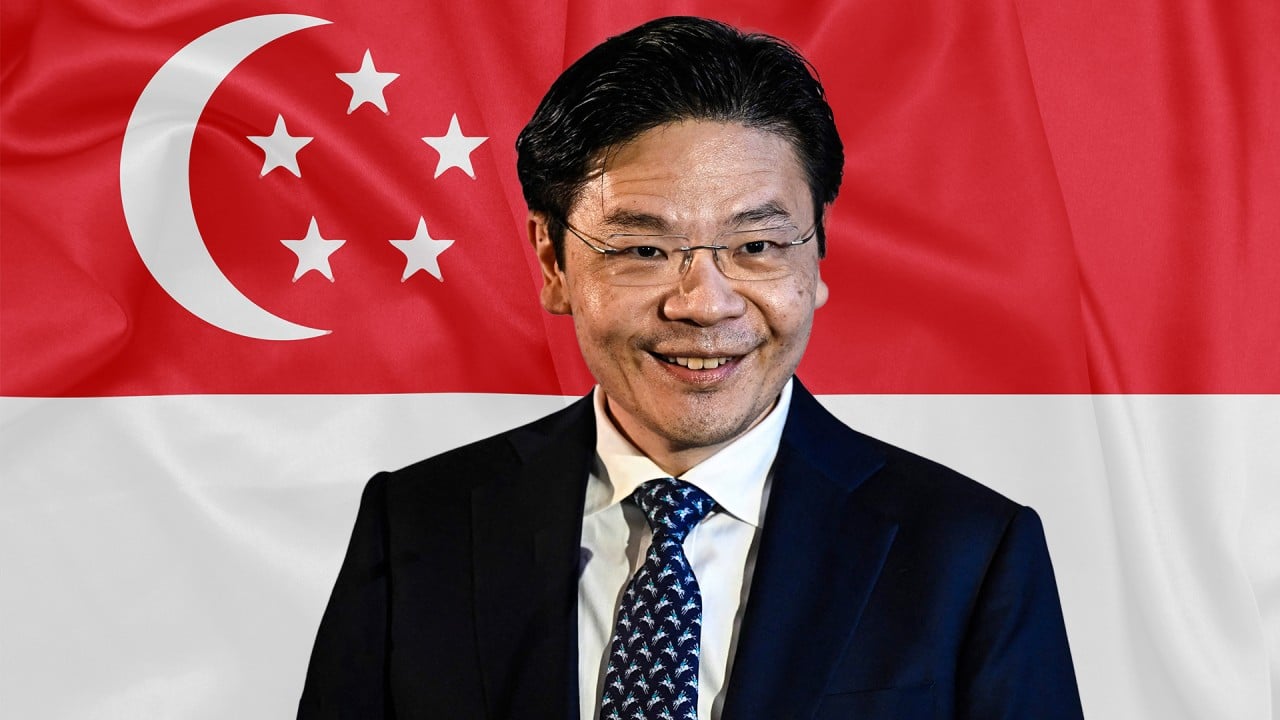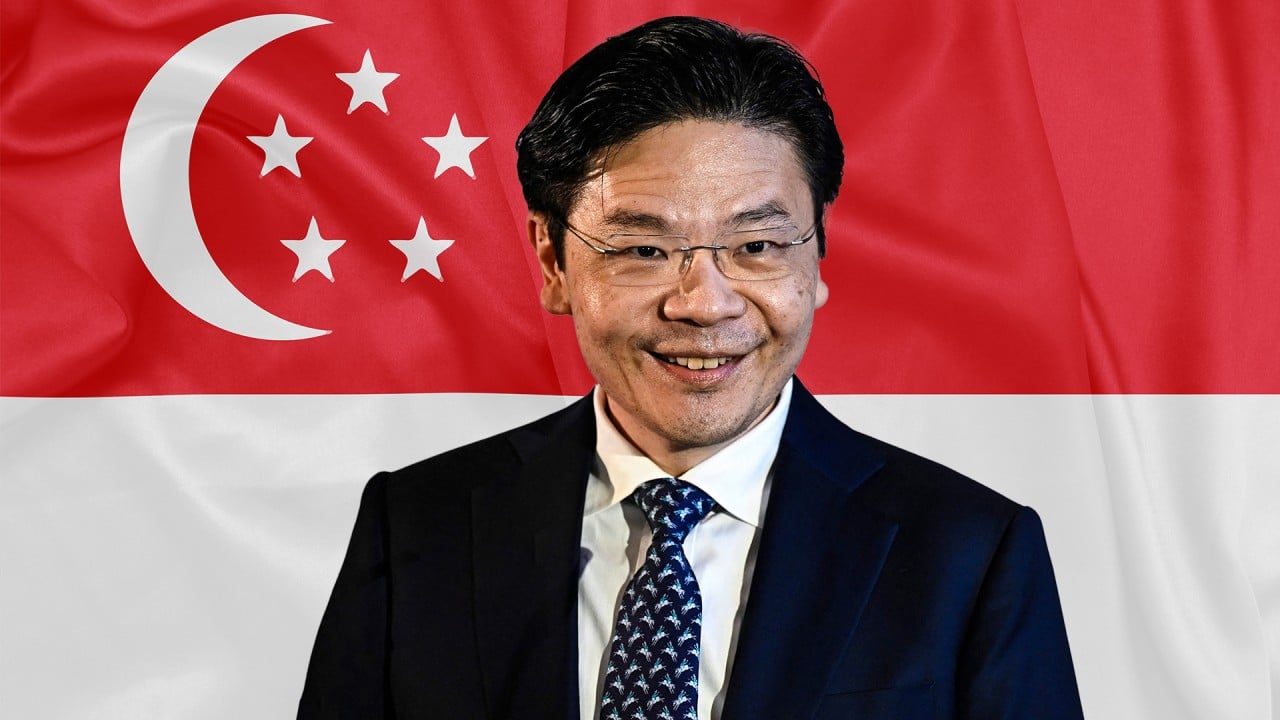A key update from Singapore’s elections department and stepped-up activities by political parties have prompted analysts to suggest a general election may be called as early as September, just four months after the city state’s third leadership transition.
Political parties have been ramping up activities on the ground and behind closed doors, even as the department told This Week in Asia on Fridaythat the Electoral Boundaries Review Committee, which must be called before a general election, had not been convened.
The ruling People’s Action Party has spent the past six months collecting feedback from volunteers through a Refresh PAP initiative, spearheaded by newly minted Prime Minister Lawrence Wong who took the helm on May 15.
Predecessor Lee Hsien Loong, son of founding prime minister Lee Kuan Yew, remains in Wong’s cabinet as a senior minister.
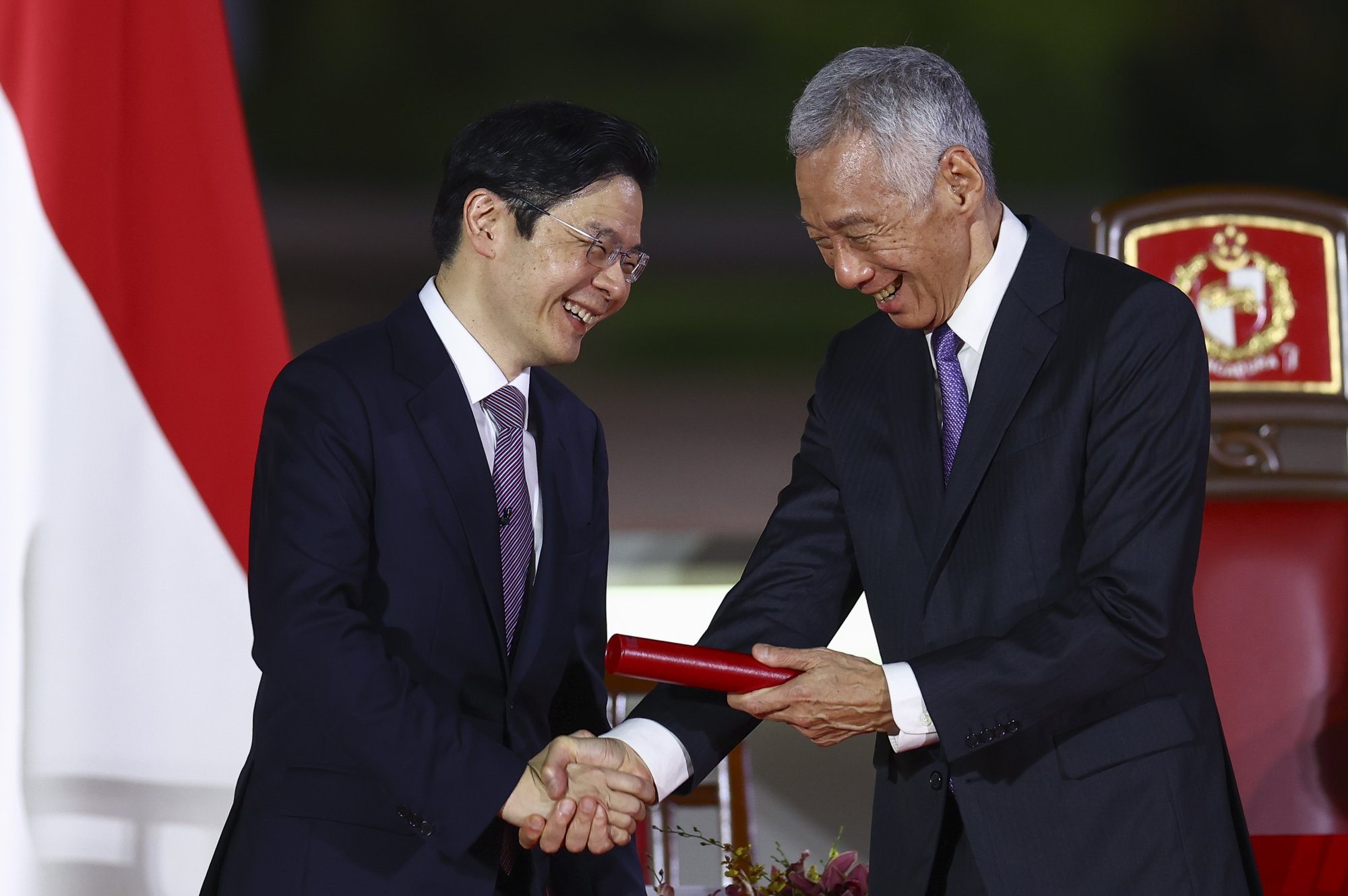
Wong is expected to address PAP members of parliament and supporters on June 8 about feedback on the initiative and how the PAP plans to incorporate it.
In an email sent to volunteers following the party’s convention on November 5 last year – and seen by This Week in Asia – Wong tasked them with helping to “collectively renew and refresh” the party in keeping Singaporeans united to navigate a more uncertain world.
He drew comparisons between this new initiative and the Forward Singapore exercise, under which the fourth-generation PAP leaders engaged citizens on a new social compact, culminating in a 180-page report published last October.
“The PAP also needs to do its part. We have to redouble our efforts to build stronger connections with Singaporeans, and retain their confidence and trust,” Wong wrote in the email.
He called for more diversity among newcomers and to improve communication channels. The engagement sessions started early this year, with several of the talks posted on social media by party members with the hashtag #RefreshPAP.
A volunteer who spoke on condition of anonymity said the sessions were “very ground-up” with MPs and ministers listening to feedback while activists facilitated discussions.
“We can’t be doing the same thing we did 20 years ago, so Refresh PAP is a good opportunity to start afresh, especially with a new prime minister,” the source said.
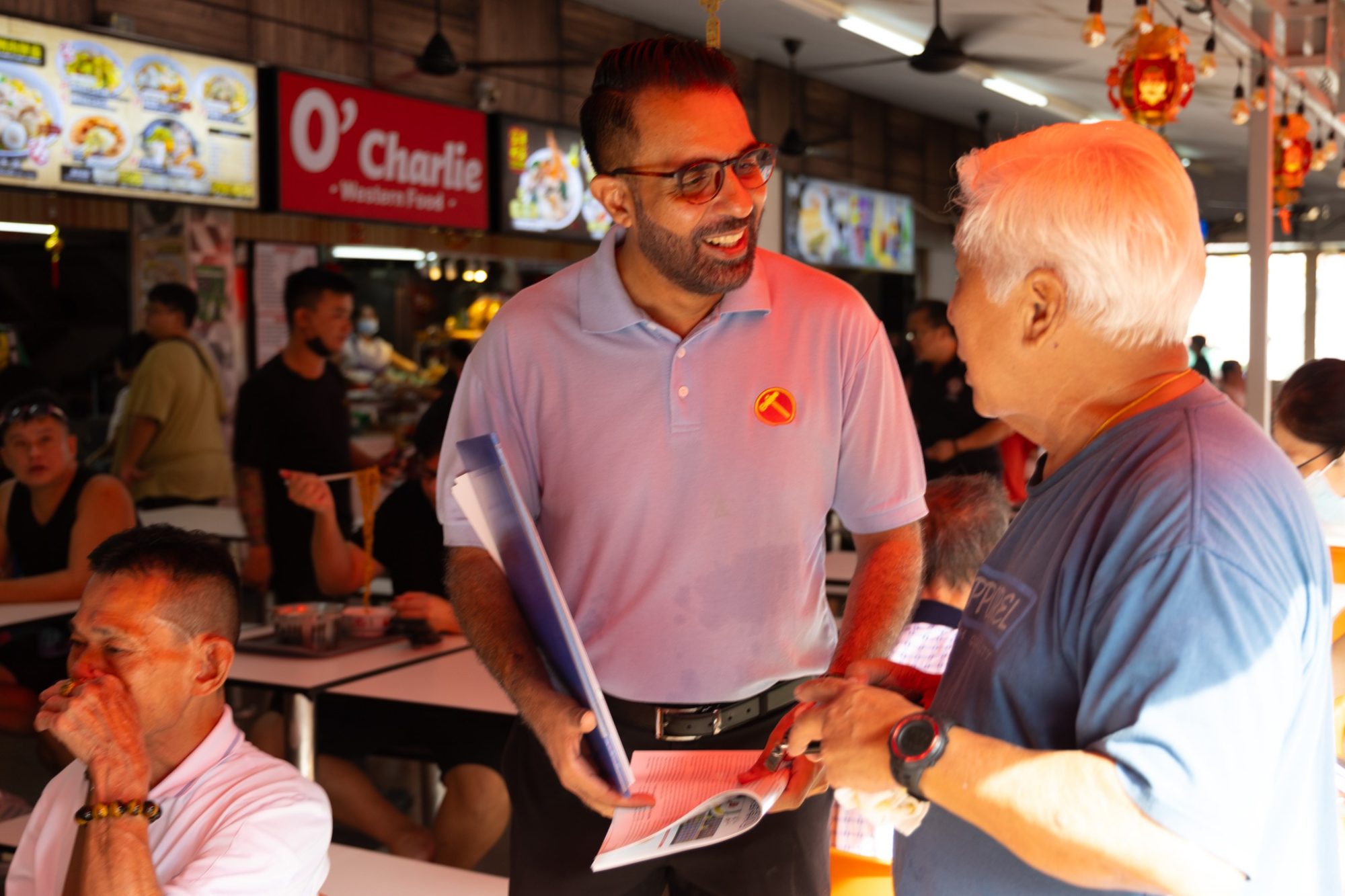
Meanwhile, the opposition Workers’ Party has continued its regular Hammer Outreach newsletter sales in strongholds Hougang and Aljunied, and other areas it previously contested in the 2020 general election such as Tampines, East Coast and Marine Parade.
On Sunday, the team posted on Facebook about its visit to Bendemeer Market and Food Centre, which currently falls under the Jalan Besar group constituency. While the party did not contest Jalan Besar in 2020, it did so in the 2015 election.
Progress Singapore Party secretary general Hazel Poa said her party, which currently holds two non-constituency MP seats, has prepared for the election to be called at any time. Non-constituency MP seats are awarded to opposition parties whose candidate perform best without winning a seat at an election.
Since last month, her party has been conducting two to four walkabouts and door-to-door visits every weekend, Poa said.
Under Singapore’s electoral system, candidates run in teams in some electoral divisions, otherwise known as Group Representation Constituencies. These teams have had up to six candidates.
All seats have been contested in Singapore’s general elections since 2015. Wong said in an interview with local media last month that he believed that the next race was unlikely to be any different.
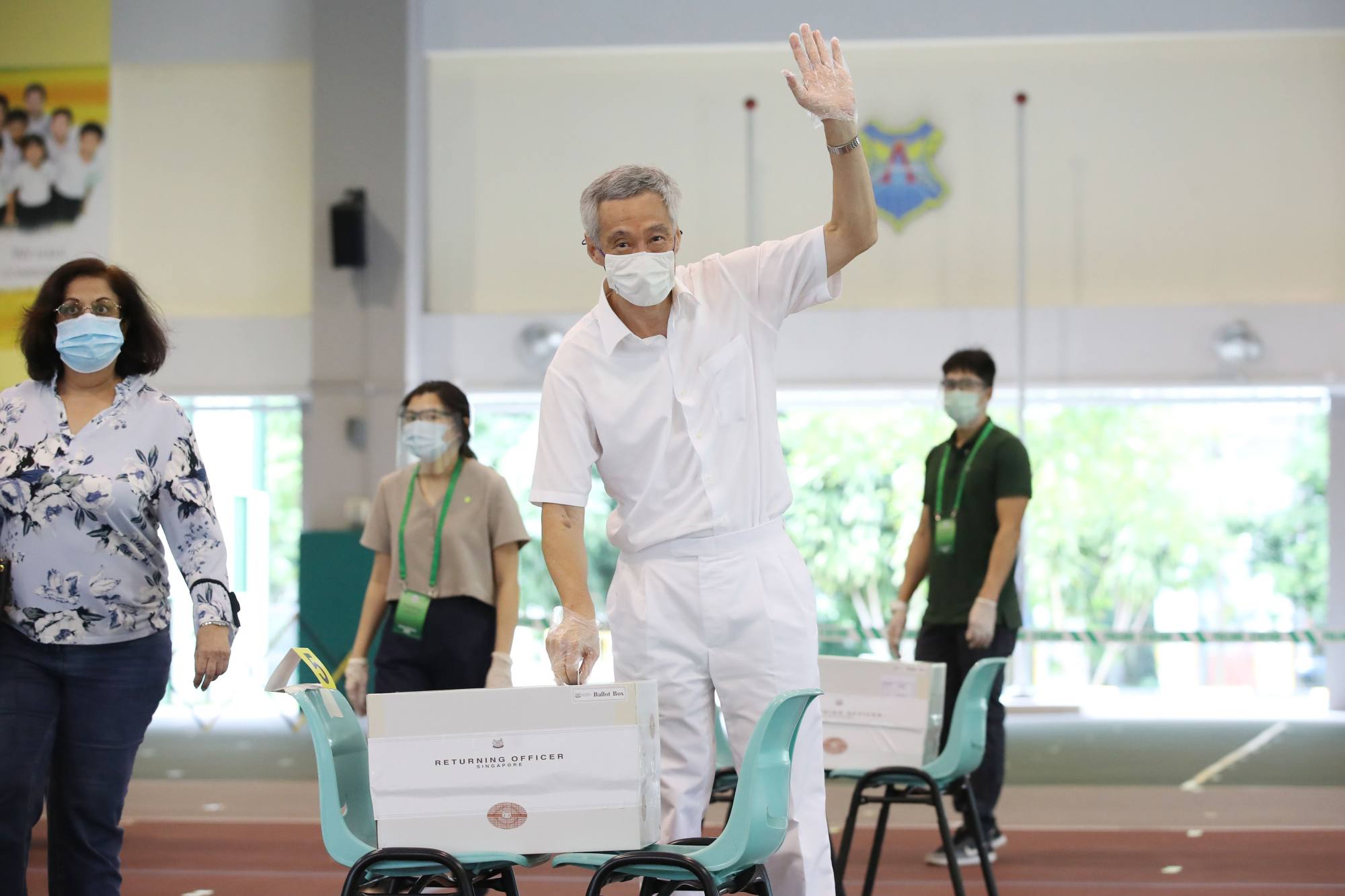
Mustafa Izzuddin, a senior international affairs analyst at Solaris Strategies Singapore, said opposition parties were expected to step up their efforts and demarcate their constituencies, to avoid multi-cornered electoral fights, and be ready to contest once an election date was announced.
Parties may also need to adjust and adapt to the report released by the Electoral Boundaries Review Committee, he said.
“At the same time, we are likely to see greater movements from the PAP, especially in those constituencies lacking an anchor minister and in those where newer faces are replacing those not standing for re-election,” Mustafa said.
Jurong, West Coast and Marine Parade constituencies have lost their anchor ministers. President Tharman Shanmugaratnam was the former anchor minister in Jurong while former speaker of parliament Tan Chuan-Jin and transport minister S Iswaran left the party last year after an extramarital affair and a corruption probe, respectively.
Wong said in May as he unveiled his first cabinet that more “fresh blood” was needed as some older ministers were likely to retire either at the end of this term or shortly after.
The older members of the cabinet include Senior Minister Teo Chee Hean, 69, who is the anchor minister in Pasir Ris-Punggol, and Defence Minister Ng Eng Hen, 65, who has been an MP in Bishan – Toa Payoh since 2001.
Elections department gets ready
Aside from movements from the political parties, the elections department has also updated balloting processes and voter rolls, fuelling speculation about an impending election.
On Friday, the department announced a slew of updates to the elections process including the returning officer, a public official appointed by the prime minister, who can direct individuals and social media firms to remove online election advertising that could be in breach of rules.
In March, the department said in response to media queries that about 50,000 public servants were being appointed as election officials and training would begin in April.
Law Eugene Tan, an associate professor at Singapore Management University, noted that the department was unclear when the election would be held, but said it must be ready whenever the vote was called.
With about 15 months left in the current parliamentary term, Tan said the election was near and more announcements by the department were expected.
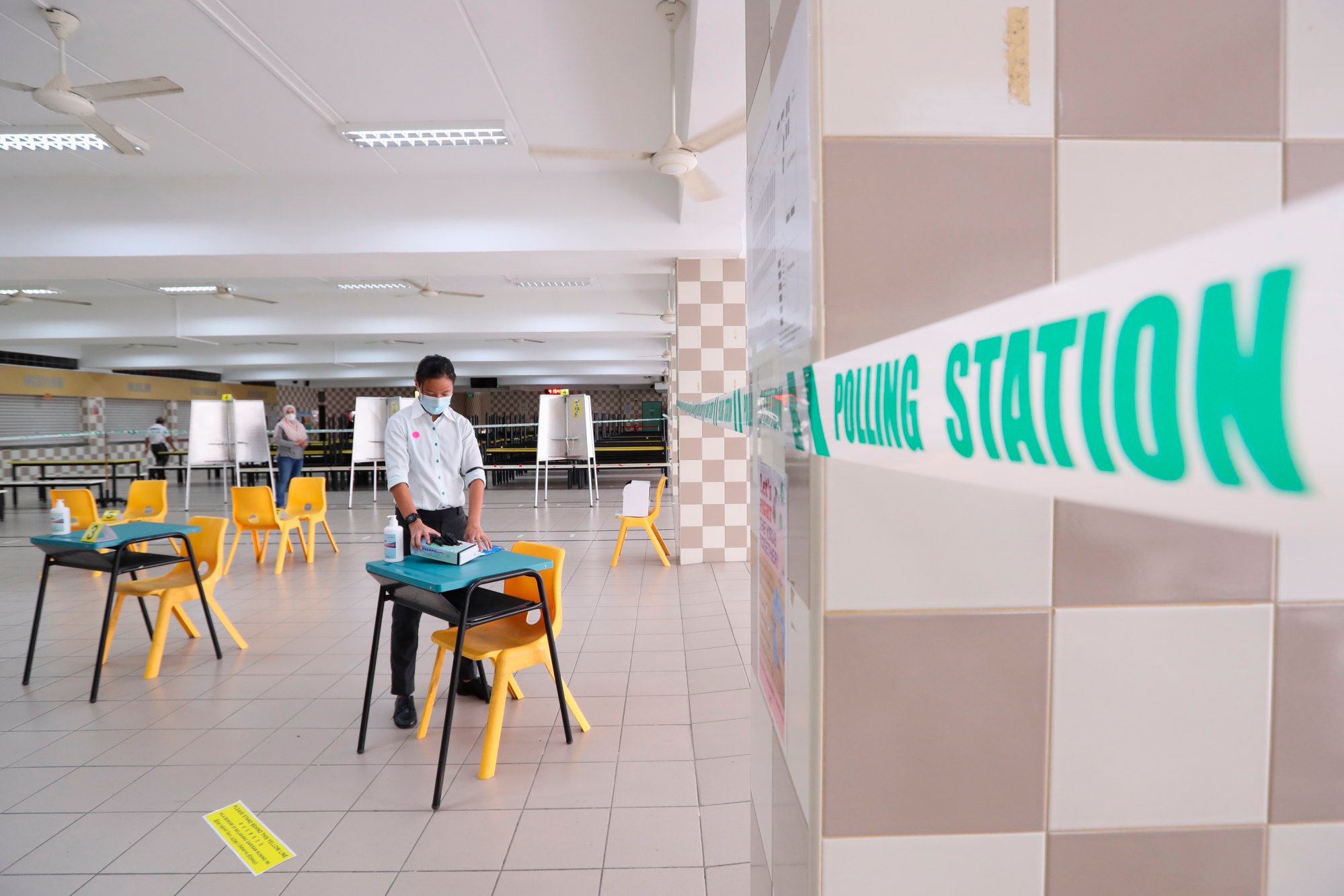
Even with the election boundaries committee yet to convene as of May 31, analysts did not rule out a September election, based on previous timelines.
In the 2015 general election, then-prime minister Lee Hsien Loong told parliament on July 13 that year that the committee had been formed two months previously. The committee’s report was submitted on July 21 and the election was called on August 25.
Former MP of the ruling PAP Inderjit Singh said the process could even be sped up with advancements in technology.
“The committee can do its work very fast, especially with AI, their job of dividing constituencies based on population and other factors can be easily done fast,” said Singh, noting that if the committee was formed in June, a September election was still possible.
However there have been past elections when the committee took longer to publish its report, such as in the 2020 election. The committee was convened in August 2019 and published its report in mid-March 2020.
Once a report is published, elections have been called in a matter of days such as in 1991 when the report was ready on August 8 and parliament dissolved on August 14.
Yet Mustafa pointed out that even after the release of the report, the election might not be called so swiftly, adding: “Ultimately the timing of the election is in the hands of the prime minister.”
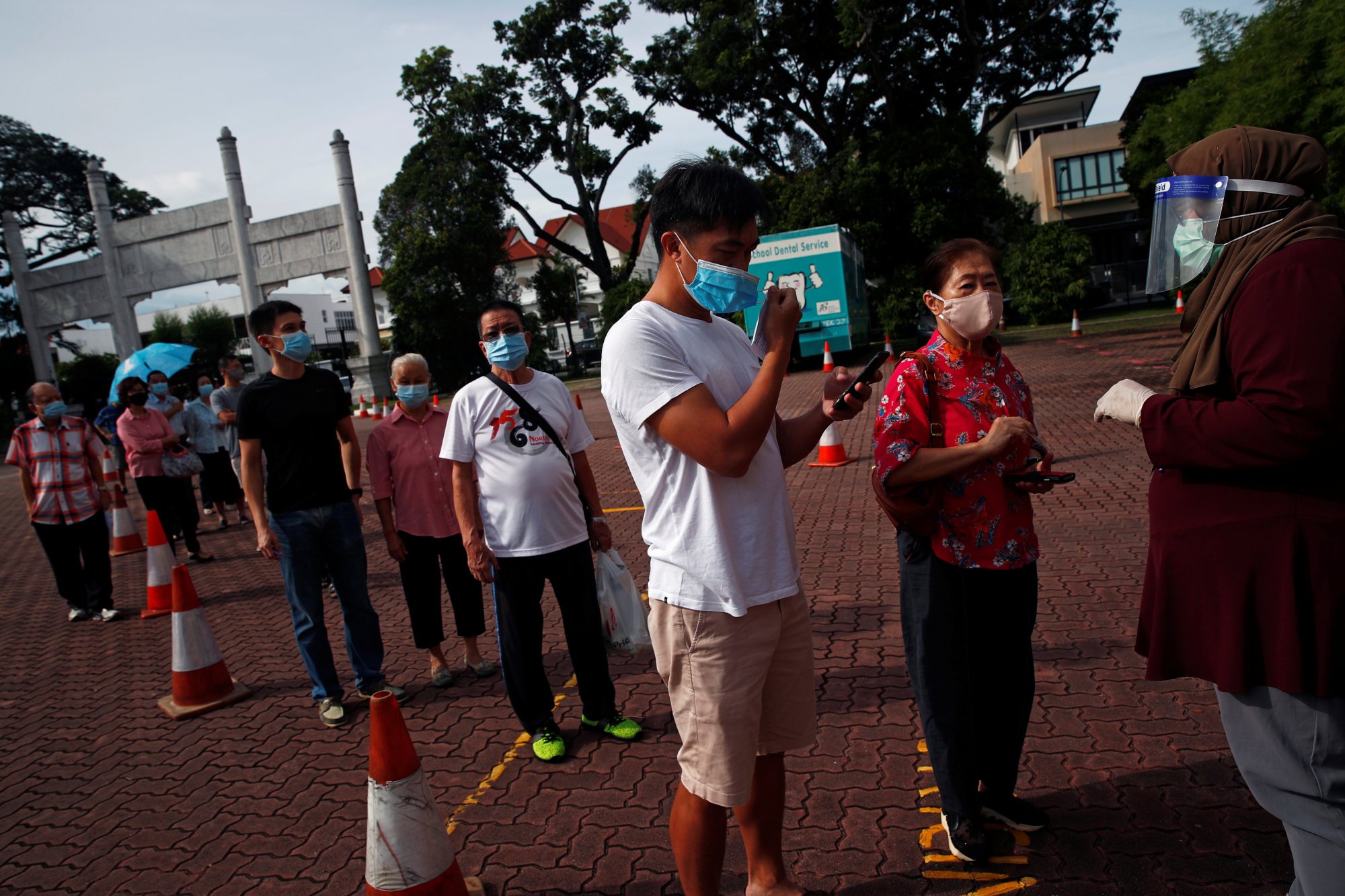
Window watching
Political observers highlighted several windows in which the general election could take place, with several saying the school holidays played a factor.
Singapore’s short school holidays in March and September were “reputed to be particularly popular” due to logistic reasons, said Chong Ja Ian, a political scientist from the National University of Singapore.
Three general elections have been held in December (1976, 1980, 1984) and September (1972,1988, 2015); two in May (2006, 2011) and one each in January (1997), April (1968), July (2020), August (1991), November (2001).
In the event of a snap election, the next window would be in September, said Mustafa. An election in May next year could also be on the cards to avoid clashing with major public holidays such as Lunar New Year and the holy month of Ramadan.
Tan felt a September election would be “hasty”, and a more likely window would be after the 2025 Budget Statement. Singapore’s budget speech, one of the key political speeches of the year, is typically delivered by the finance minister in February.
A fresh mandate for a new PM?
The next election will also be Wong’s first as prime minister. While Lee had waited nearly two years into his premiership before calling his inaugural election in May 2006, his predecessor Goh Chok Tong called for an election after just 10 months at the helm.
Tan said Wong should not be in a hurry to seek a fresh mandate and should take time to make the case for a strong one.
“He needs time to put flesh on his vision of Singapore under his premiership and will seek to use the series of key platforms to articulate his vision, get Singaporeans enthused, even excited.”
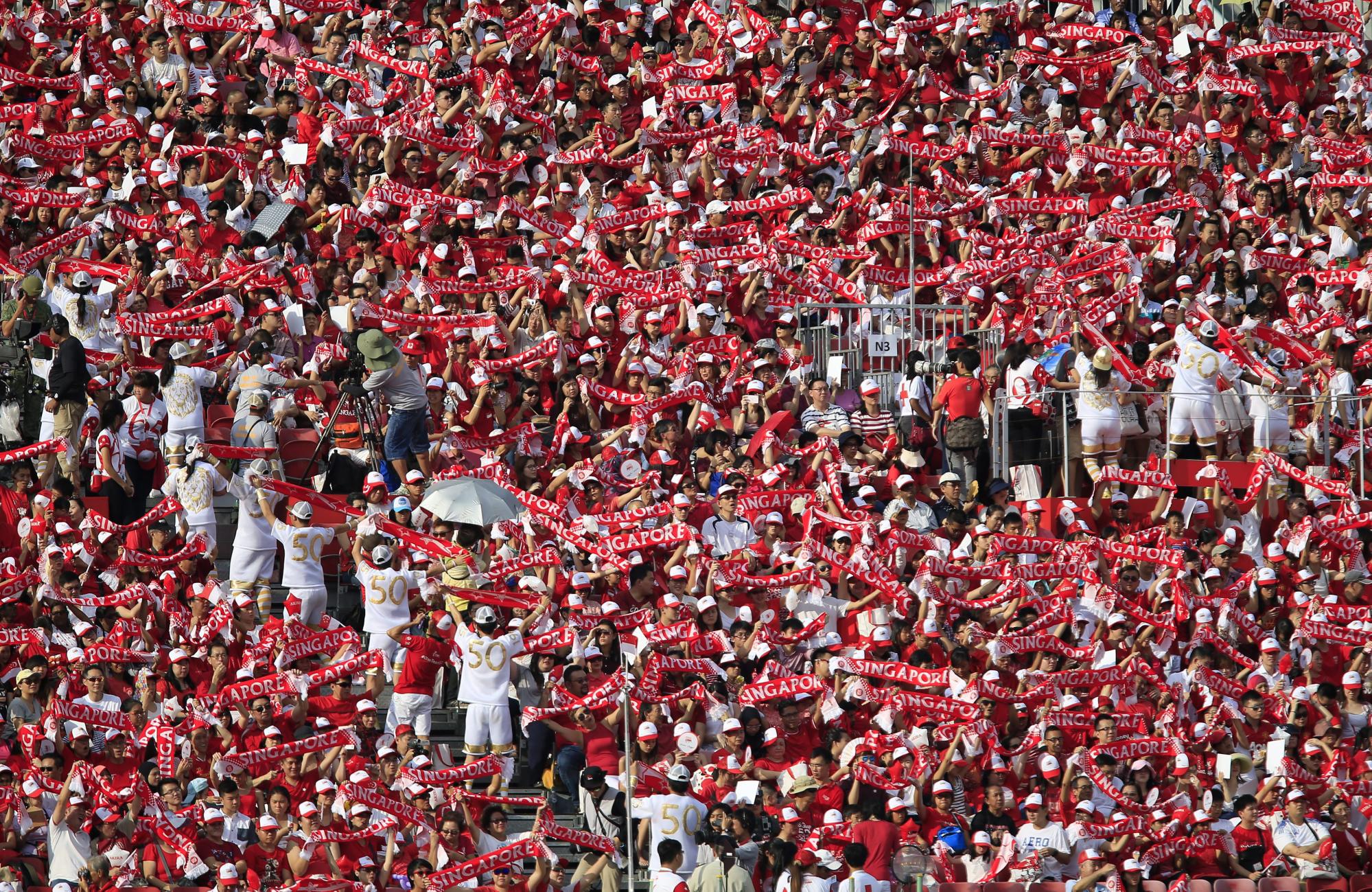
Chong said the ruling party’s power to dictate the election date meant it would call one “at any time that they believe is to their greatest advantage”, under the republic’s Westminster-style parliamentary system.
Holding the election next year would also make sense for a feel-good factor for Singapore, which celebrates its 60th national day next year.
Tan called this a “sweetener to get the nation in an upbeat mood”.
“To be sure, the SG60 feel-good effect is unlikely to be as strong as SG50.”
He was referring to the 2015 general election, held in September after the death of founding father Lee Kuan Yew and Singapore’s 50th anniversary.
The election saw the PAP clinch its best-ever showing since 2001 and secure a 9.74 per cent swing to amass 69.86 per cent of the vote compared with the previous race in 2011.
Chong pointed out however that all things considered, when an election was held would still be a small factor in the political calculations for the party.
“The PAP’s dominance not just in parliament but in terms of party resources and a mature party machine means that it is unlikely to lose power any time soon. In fact, it will likely maintain an overwhelming number of seats.”


